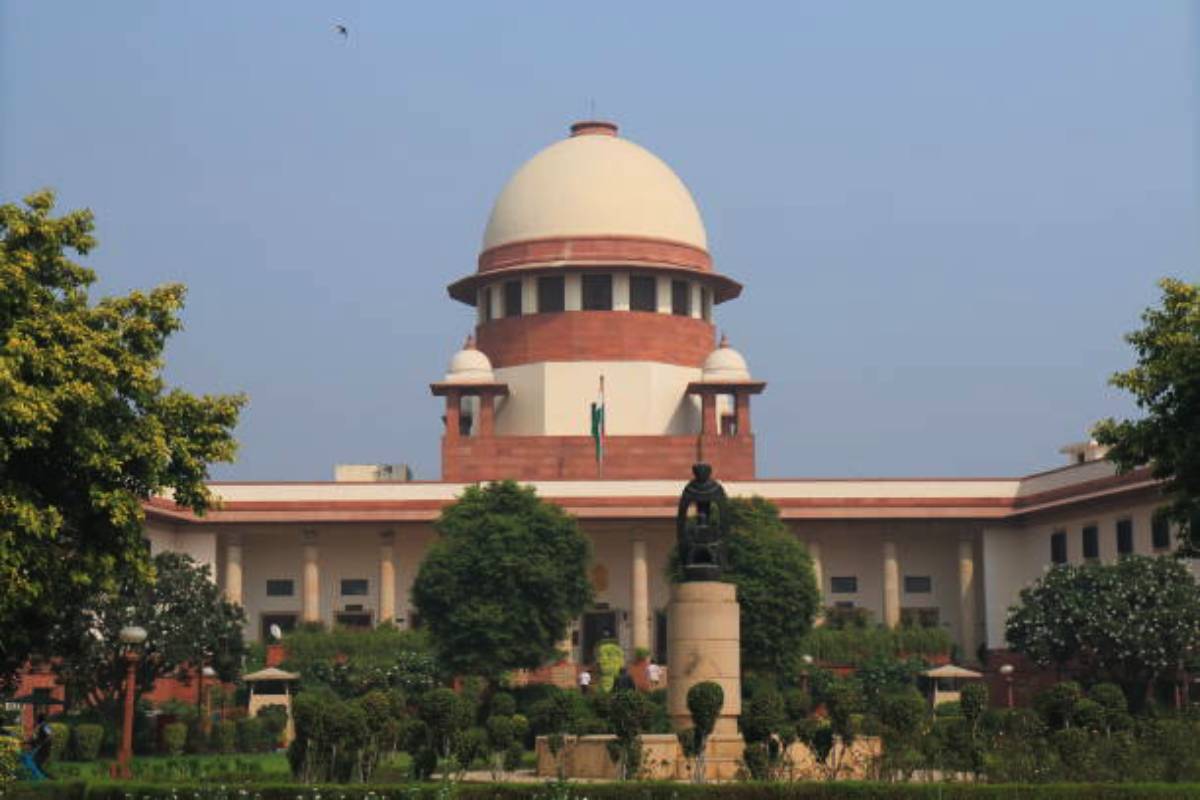The tussle between the Union government and the Supreme Court over appointments to the higher judiciary has again taken centre stage. This power struggle brings to the fore the crucial issue of judicial independence, a cornerstone of a healthy democracy. It is a matter of grave concern that the Centre has been selectively picking and choosing judges whose names were recommended by the collegium for higher judicial appointments. The latest remarks by a Supreme Court bench reflect the increasing unease surrounding this issue. The judiciary’s role as a guardian of the rule of law and protector of the Constitution depends significantly on the selection and appointment of judges. In India, the collegium system was established to ensure that the executive does not have unchecked authority over judicial appointments, preserving the judiciary’s independence.
However, the recent trend of the government cherry-picking from the list of recommended candidates raises questions about the health of this system. The Supreme Court’s concerns are not unwarranted. The practice of selectively appointing judges can have far-reaching implications. It disrupts the seniority of those recommended by the collegium, undermining the career aspirations of competent lawyers who aspire to serve on the bench. This approach creates an environment where prospective judges might think twice before accepting such appointments, considering the uncertainty surrounding their selections. The issue of delay in clearing names for appointments and transfers is another thorn in the side of the Indian judiciary. When judicial recommendations stagnate, the entire legal system suffers. It compromises the delivery of justice, affects the workload of the existing judges, and leads to litigants facing long delays in court proceedings. Justice delayed is justice denied, as they say, and the delay in judicial appointments only exacerbates this problem. This also brings to light the need for a clear distinction between the roles of the executive and the judiciary. Decisions on judicial appointments and transfers should be based on merit, legal acumen, and the judiciary’s requirements rather than any political considerations.
Advertisement
The court is right in emphasising that such matters should be left to the domain of the judiciary, where the sole objective is to uphold justice, not cater to political whims. The issue of transfers also calls for immediate attention. Judges should be deployed where their expertise and experience are most needed. However, the decision should lie within the judicial system rather than becoming a subject of political manipulation. The efficiency of the judiciary is paramount, and in this aspect, the executive should yield to the wisdom of the judicial branch. The Supreme Court’s concerns should serve as a wake-up call to all stakeholders involved. The appointment of judges through the collegium system has been a subject of contention for years, and it is high time we had a comprehensive review. An efficient, transparent, and impartial system that upholds the principles of justice, and safeguards the independence of the judiciary, is imperative. The government serves no one’s cause, least that of citizens, with its obduracy in the matter









